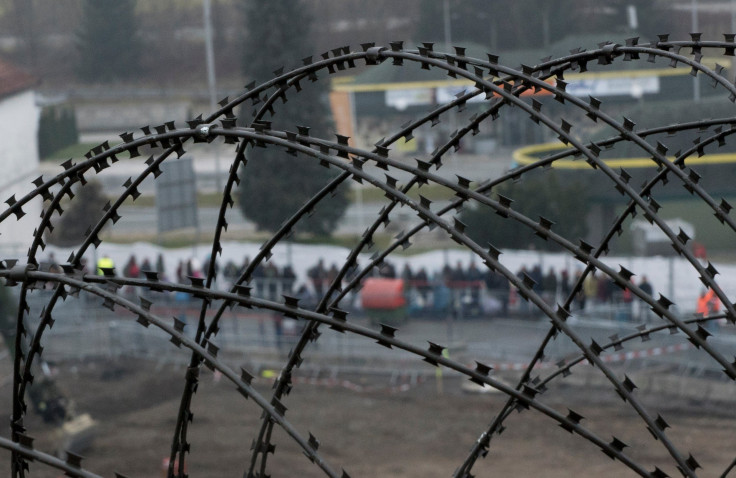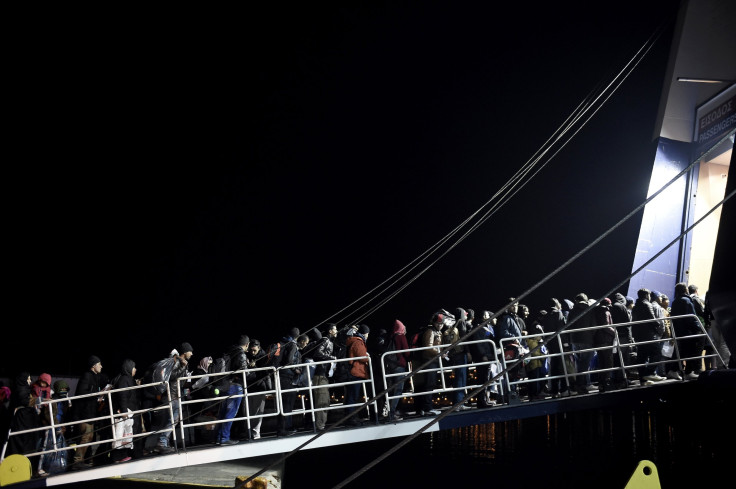Europe's Refugee Crisis: EU Border Force Plan Faces Resistance From Member States

In its latest effort to deal with the region's worst refugee crisis since World War II, the European Union will announce a proposal for the creation of a new border and coast guard force Tuesday. However, the plan, which aims to give the new border agency a stronger mandate than the EU’s current Frontex border teams, is facing growing opposition from many within the 28-nation bloc.
According to the text of the draft proposal seen by Agence France-Presse (AFP), in “urgent situations,” the proposed new agency “must be able to step in to ensure that action is taken on the ground even where there is no request for assistance from the Member State concerned or where that Member State considers that there is no need for additional intervention.”
This 1,000-strong agency is likely to be created by combining national border-management authorities and the Frontex -- the existing EU border agency based in Poland. And, unlike the Frontex, which must work under the command and control of the authorities in the host country, the new force will be answerable only to the European Commission -- a provision that some member states believe would amount to surrendering their sovereignty.
“Strengthening Frontex, creating a kind of border guard would by all means be needed, beneficial,” Polish Foreign Minister Witold Waszczykowski reportedly said Monday. “But the way the commission proposed it -- for it to be a structure independent from nation states -- is astounding. There’d be an undemocratic structure reporting to no one knows who.”

European nations are currently struggling to deal with a massive influx of refugees fleeing war and poverty in Middle Eastern and African nations. In Greece, which acts as an entry point for refugees crossing the Mediterranean, almost 800,000 refugees -- mostly from Syria, Iraq and Afghanistan -- have arrived by sea this year.
The record influx has not only triggered the rise of anti-EU and anti-immigrant parties across Europe, it has also endangered the bloc’s much-cherished Schengen free-movement zone, as countries begin to impose strict border controls.
“If one member state is unable to cope with its responsibilities, others should be able to come and assist,” Slovakia’s Foreign Minister Miroslav Lajčák reportedly said Monday, voicing approval for the EU plan. “We need a mechanism for that, the protection of the Schengen border is a shared responsibility.”
© Copyright IBTimes 2025. All rights reserved.






















